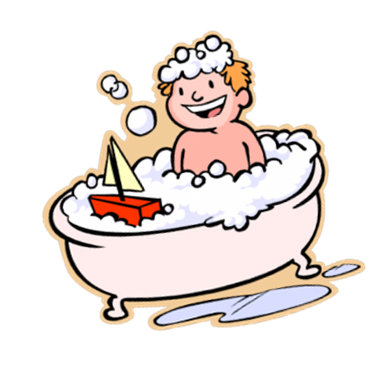Wellbeing MATTERS!

Welcome Benvenuto
As we continue to navigate the winter weather and the busyness of life do you ever feel like “it’s just all too much!” It is not uncommon to feel the stresses of life knocking on our door. Stress is a normal human reaction that happens to everyone. In fact, the human body is designed to experience stress and react to it. When you experience changes or challenges (stressors), your body produces physical and mental responses. That's stress. Stress responses help your body adjust to new situations.
These demands can come from work, relationships, financial pressures, and other situations, but anything that poses a real or perceived challenge or threat to a person’s well-being can cause stress.
Stress can be a motivator, and it can even be essential to survival. The body’s fight-or-flight mechanism tells a person when and how to respond to danger. However, when the body becomes triggered too easily, or there are too many stressors at one time, it can undermine a person’s mental and physical health and become harmful.
Stress slows down some normal bodily functions, such as those that the digestive and immune systems perform. The body can then concentrate its resources on breathing, blood flow, alertness, and the preparation of the muscles for sudden use.
The body changes in the following ways during a stress reaction:
- blood pressure and pulse rise
- breathing speeds up
- digestive system slows down
- immune activity decreases
- muscles become more tense
- sleepiness decreases due to a heightened state of alertness
How a person reacts to a difficult situation will determine the effects of stress on overall health. Some people can experience several stressors in a row or at once without this leading a severe stress reaction. Others may have a stronger response to a single stressor. Stress does not discriminate, with both young children and adults experiencing it some way or shape.
So, what can we do? How do we cope with the winter blues and any stress we may experience?
Try these things to help you beat the winter blues and stressors:
Keep Up Your Sleep Routine
Sleep is a huge component of mood. Without adequate, regular sleep, psychologist Kelly Donahue, PhD, says our circadian rhythm can get disrupted, which also disrupts cortisol rhythms and impacts hormone production. To improve your sleep, Donahue recommends:
- Go to bed and wake up at the same time every day.
- Follow a simple bedtime routine that signals rest, such as taking a bath, turning down the lights, or drinking a cup of herbal tea.
- Expose yourself to light as soon as you wake up.
- Sleep in a cool, dark room.
- Don’t use electronics in your bedroom.
Write all of your worry thoughts on a piece of paper before bed so that if you wake up in the night, you can tell your mind you don't need to worry because the thoughts are captured on paper and will be waiting for you to tackle in the morning.
Do Some Physical Activity
Physical activity has been shown to boost mood, decrease the symptoms of depression, and reduce stress. Start slowly and build up to 30 to 60 minutes a day, five days a week, of aerobic exercise, strength training, yoga, or other fitness-related activities.
Getting outside daily, even for a few minutes a day, can make a huge impact on your mood and help target the specific symptoms of SAD related to a lack of daylight.
If ever you need help sorting out personal or family issues, give CatholicCare Victoria a call. They offer many services to all members of our community – ALL FREE.
TIP OF THE FORTNIGHT:
Stress Less
Chronic stress is a no-no for wellbeing.
Make sure you address whatever is stressing you out and take some time to relax. Zone out in a bubble bath, grab a colouring book or listen to music – whatever works for you.
Have a wonderful fortnight.
Be safe. Stay warm. Keep well.
Niente Senza Gioia
Dom POPPA
Pastoral Wellbeing Leader



